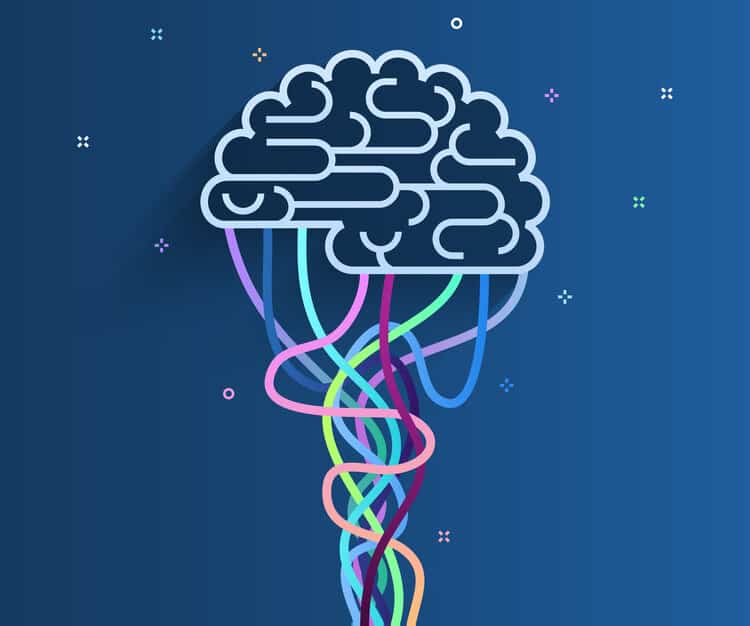
Mental health and well-being are important parts of life. It affects us in all aspects, from our physical health to our relationships. Unfortunately, many of us don’t take the necessary steps to address our mental health and wellness until it is too late. Fortunately, there is a solution: counseling. Counseling can be used to help rewire the brain, allowing individuals to make positive changes in their lives.
What Is Counselling
Counseling is a powerful tool that can help individuals rewire their brains and achieve positive changes in their lives. The human brain is incredibly complex, and it takes time and effort to make lasting changes. However, with the help of a qualified counselor, it is possible to break negative thought patterns and develop new ways of thinking.
- One way that counseling can rewire the brain is by helping individuals identify negative beliefs about themselves or the world around them. These beliefs may have been formed in childhood or as a result of past experiences, but they often don’t serve us well as adults. Through counseling, we can learn to recognize when these negative thoughts arise and replace them with more positive and realistic ones.
- Another way that counseling can rewire the brain is by teaching individuals new coping mechanisms for dealing with stress, anxiety, depression, or other mental health issues. These coping mechanisms may include mindfulness practices like meditation or breathing exercises, cognitive-behavioral therapy techniques like reframing negative thoughts, or interpersonal skills like assertiveness training. By practicing these techniques regularly over time, individuals can create new neural pathways in their brains that support healthier ways of thinking and behaving.
Understand Brain Plasticity

Brain plasticity, also known as neuroplasticity, refers to the brain’s ability to change and adapt over time. This is crucial for learning new things, developing new skills, and recovering from injuries. Counseling can be a powerful tool in rewiring the brain because it helps individuals break out of negative thought patterns and behaviors that may have been ingrained over time.
When someone seeks counseling, they’re typically looking for help in managing difficult emotions, overcoming trauma or working through relationship issues. Through counseling sessions with a licensed therapist or counselor of Mindful, individuals can learn how to reframe negative thoughts and emotions into more positive ones. Over time and with consistent practice, these new ways of thinking can become habitual and lead to lasting changes in the brain.
Counseling Techniques
In addition, to talk therapy, some forms of counseling incorporate methods such as cognitive-behavioral therapy (CBT) or eye movement desensitization and reprocessing (EMDR), which are specifically designed to target certain areas of the brain associated with processing emotional memories or regulating emotional responses. By using these techniques in conjunction with traditional talk therapy approaches, counselors can help clients achieve meaningful changes in their thought patterns and behaviors.
How Counseling Can Affect Brain Plasticity
Counseling is a therapeutic approach that can help people overcome their emotional and mental struggles. It provides the opportunity for individuals to interact with professional counselors who are trained to guide them through the process of healing. Counseling has been found to affect brain plasticity by rewiring neural pathways and creating new connections that promote positive change.
Studies have shown that counseling can alter the structure and function of the brain, leading to increased resilience, improved mood, and better cognitive abilities. Neuroplasticity refers to the ability of the brain to change in response to experiences, including therapy. By engaging in counseling sessions regularly, patients can strengthen existing neural connections while also creating new ones.
The Benefit Of Rewiring Through Counseling
Through counseling, individuals can learn new ways to think, behave and communicate. This process is known as brain rewiring. Brain rewiring can help individuals overcome negative thoughts and behaviors that may be holding them back from reaching their full potential.
- One of the key benefits of brain rewiring through counseling is improved mental health. Counseling sessions provide an opportunity to identify and address emotional issues that may be impacting one’s mental well-being. As clients learn coping strategies and problem-solving skills, they begin to rewire their brains to respond differently to stressors, leading to improved mental health outcomes
- Another benefit of brain rewiring is increased self-awareness. Through counseling, clients gain a better understanding of their emotions, triggers, and patterns of behavior. With this knowledge, they are better equipped to make positive changes in their lives and relationships. By learning how to regulate their emotions effectively, individuals can improve their decision-making abilities and overall quality of life.
Conclusion
In conclusion, counseling can provide a powerful tool for rewiring the brain. The process of therapy helps individuals identify negative thought patterns and behaviors that are interfering with their lives. Through talk therapy, cognitive-behavioral techniques, and other therapeutic approaches, individuals can develop new ways of thinking and behaving that promote emotional well-being.
One key benefit of counseling is the opportunity to establish healthier coping mechanisms. When individuals receive support from a licensed therapist or counselor, they can learn how to manage stressors in more productive ways. This may involve developing relaxation techniques such as meditation or focusing on self-care activities like exercise and healthy eating.
Another advantage of counseling is the ability to build stronger relationships with others. Therapy helps individuals understand their own emotions better while also improving communication skills with friends, family members, coworkers or romantic partners. By learning how to better express themselves effectively, clients often find it easier to connect with others on a deeper level – ultimately leading to greater satisfaction in all areas of life.
Also read: what are the side effects of acupuncture



